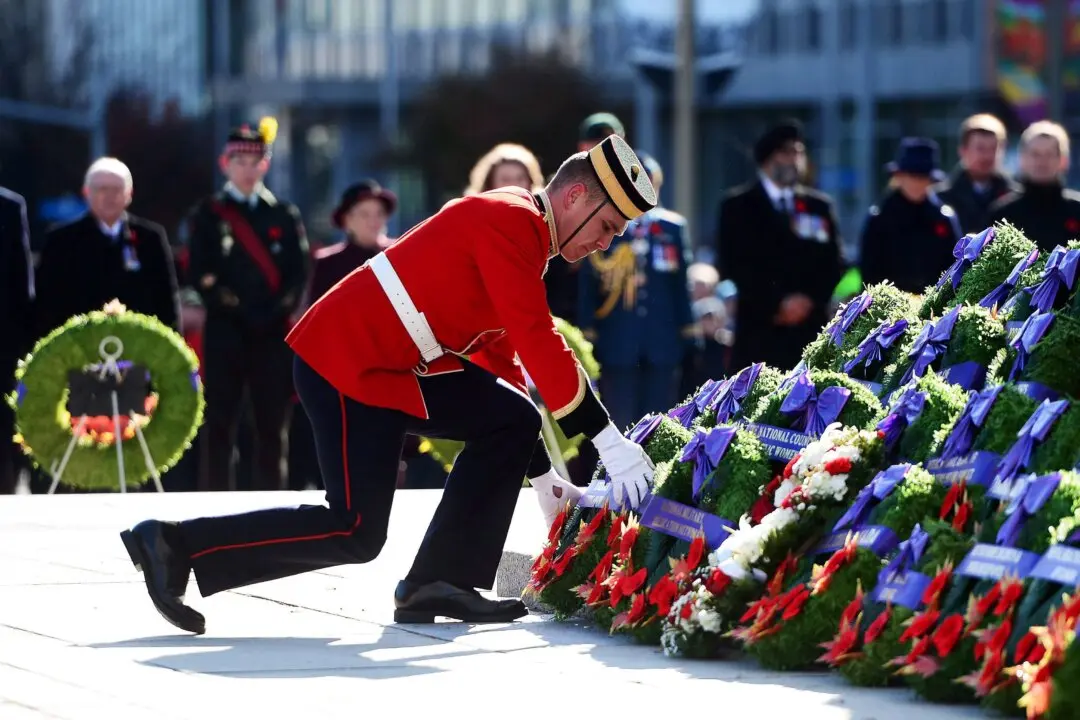Commentary
For Canadians and other members of the British Commonwealth, the celebration of a Nov. 11 “Remembrance Day” goes back more than 100 years.

For Canadians and other members of the British Commonwealth, the celebration of a Nov. 11 “Remembrance Day” goes back more than 100 years.